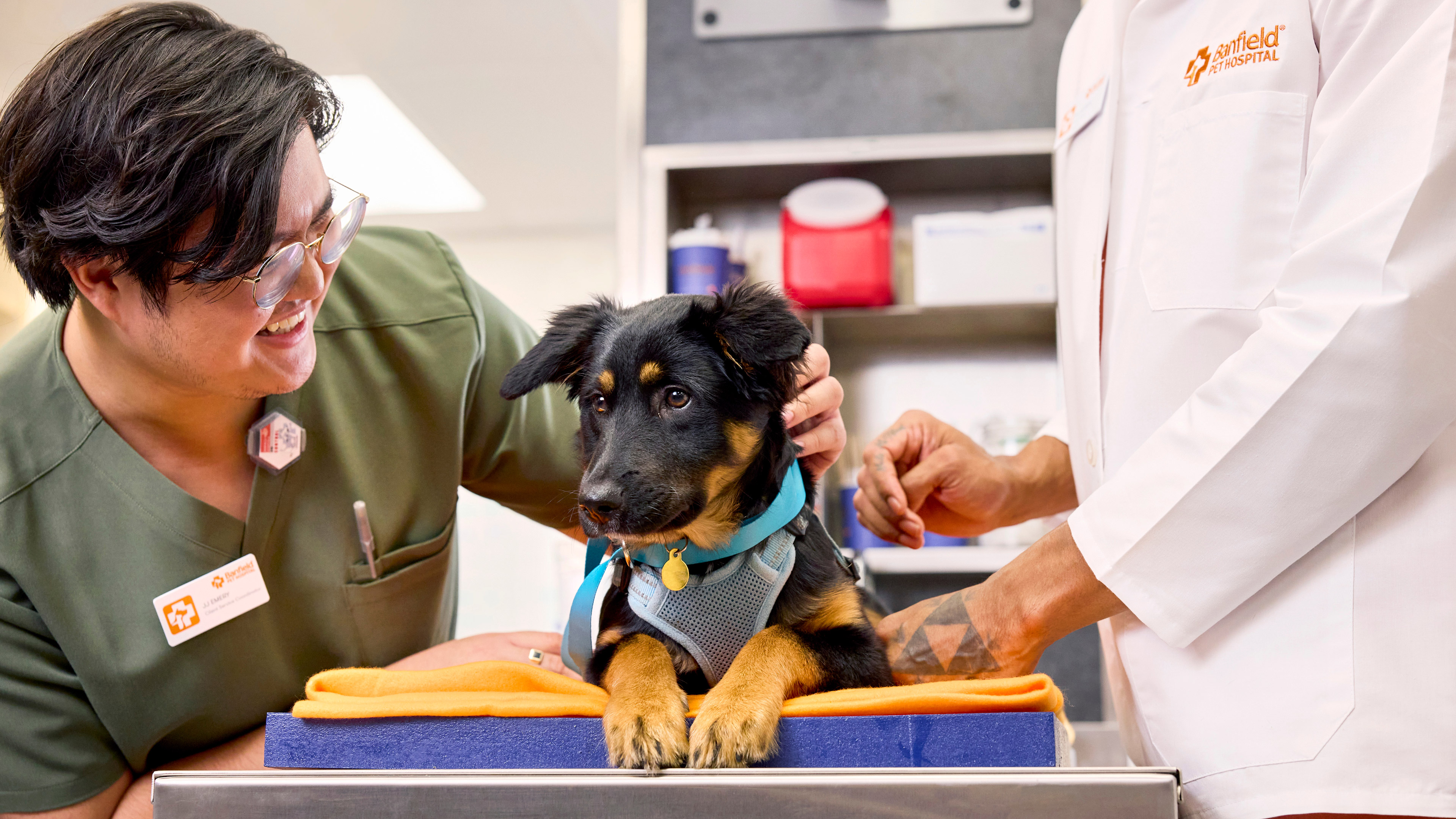why heartworm medicine is so important
Yep, they really are dangerous to your pup, and yep, it really is a good idea to keep your furball up-to-date with heartworm treatment.
Heartworms, or dirofilaria immitis, are a parasite that is transferred to a dog through a mosquito bite. Once the parasite is in the dog, it produces offspring that can live in the blood vessels surrounding the heart and lungs. These string-like parasites can grow up to a foot long (fair warning if you search for images of heartworms online) and can live for years inside in your pet.
Why are heartworms so dangerous?
Heartworms can be potentially fatal. If they’re not caught early, they can multiple by the hundreds and cause severe damage to your dog’s heart, lungs, and blood vessels. Fortunately, there is treatment if heartworms are found in your pup, but the best course of action is prevention (more on that below). Treatment after a pet has heartworm disease can be very expensive and even dangerous. Heartworms can also affect cats, but they’re more commonly found in dogs.How do I know if my dog has heartworms?
It’s difficult to tell if your dog is infected with heartworms, especially if it’s in the early stages of the disease. Advanced stages of the disease might present symptoms such as coughing and lethargy. If you have concerns and your dog is not treated with heartworm prevention, your vet will run a blood test that can detect if heartworms are wiggling around.What do I do to protect my dog?
The most effective way to prevent your dog from contracting heartworms is to get them on a heartworm prevention plan. There are several options for you to consider, including ProHeart 12, a once-a-year-shot that protects against heartworm disease; Simparica Trio, a once-a-month chewable that protects against heartworm disease, ticks & fleas, roundworms & hookworms; and Revolution Plus, a monthly topical solution for cats only that protects against fleas, ticks, ear mites, roundworms, hookworms, and heartworms.If you have questions about which heartworm prevention is right for your dog (or cat), talk to your Banfield veterinarian at your next visit.
 Mites and mange
Mites and mange Podcast - Not Just Fluff
Podcast - Not Just Fluff











